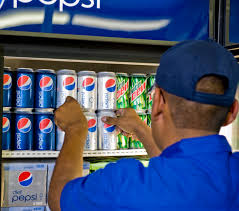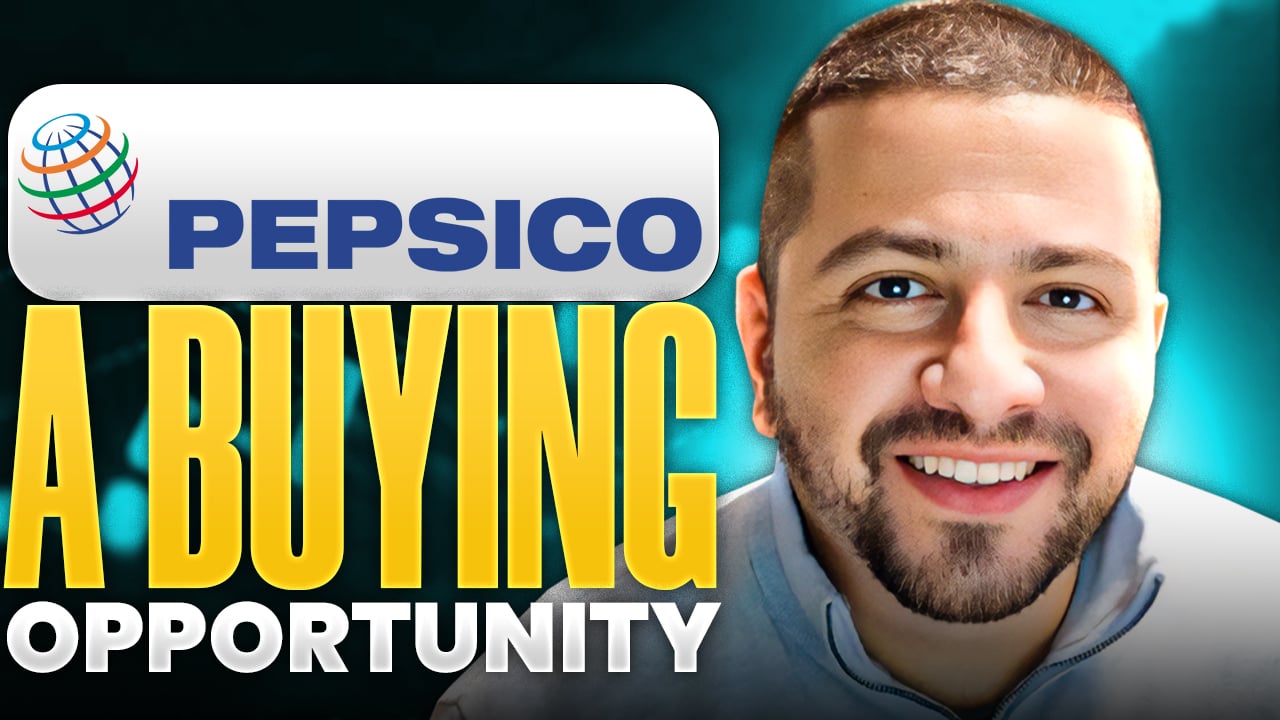PepsiCo (PEP +0.92%) investors had a few reasons to look forward to the company's first-quarter earnings report. The beverage and snack food giant had posted accelerating sales growth at the end of 2018, and new CEO Ramon Laguarta laid out a vision for faster profit gains through initiatives such as an improved manufacturing and supply chain. These trends have the potential to deliver better top-line results than rival Coca-Cola (KO +1.86%) in 2019, and higher direct cash returns to boot.
The first-quarter report on Wednesday didn't disappoint in any of these areas. In fact, Pepsi kicked off 2019 with robust sales growth that kept it right on track to meet its aggressive sales guidance. The packaged food titan still sees a return to healthy profit growth coming in fiscal 2020, too.

Image source: Getty Images.
Getting faster growth
Pepsi's sales gains continued to accelerate, as they have for nearly a year now. Organic sales landed at a 5.2% increase, which marked a solid improvement over the 4.7% uptick over the prior six months and the 3.7% boost in the six months that started fiscal 2018. "We are pleased with our results," Laguarta said in a press release. "Our underlying organic revenue growth accelerated to more than 5%."
Looking deeper into the growth metric, Pepsi had some key wins and losses in the period. The beverage segment was its weakest division, with sales volumes declining 2%. Yet the unit still improved its overall growth pace thanks to rising prices. Quaker Foods, populated with its rice, cereal, and pasta brands, shrank slightly as well.
But Pepsi more than made up for those challenges with robust growth in the Frito-Lay snack segment in the U.S. market and with sharp gains in each of its international divisions.
Profit hits and misses
The profit picture tracked closely to management's forecast even though currency exchange rate shifts added volatility to the reported figures. Big operating profit gains at Frito-Lay and in international segments more than offset losses at Quaker Foods. These results alone would have left the company in a stronger profit position. However, Pepsi invested more cash into the business toward priorities like fixing manufacturing bottlenecks.
As a result, core profits expanded at a slower pace than sales this quarter, up 3%. Laguarta and his team have predicted a slight profitability decrease in 2019 as Pepsi works to lay the foundation for better, more stable growth results. These latest earnings figures match with that broader outlook.
Looking forward
Pepsi left all the key aspects of its 2019 outlook unchanged. It still expects sales gains to hold steady at about 4% to contrast with the deceleration that Coca-Cola is predicting. Earnings should fall by about 1%, executives say, before returning to growth in 2020. Cash returns to shareholders will amount to about $8 billion thanks to robust operating cash flow of $9 billion.
None of these predictions are a surprise for investors. However, Pepsi's successful first-quarter results provide more evidence for shareholders that the company is on a path toward faster sales and profit gains. The improved revenue growth is already happening, and so a modest earnings acceleration can't be far off now.






